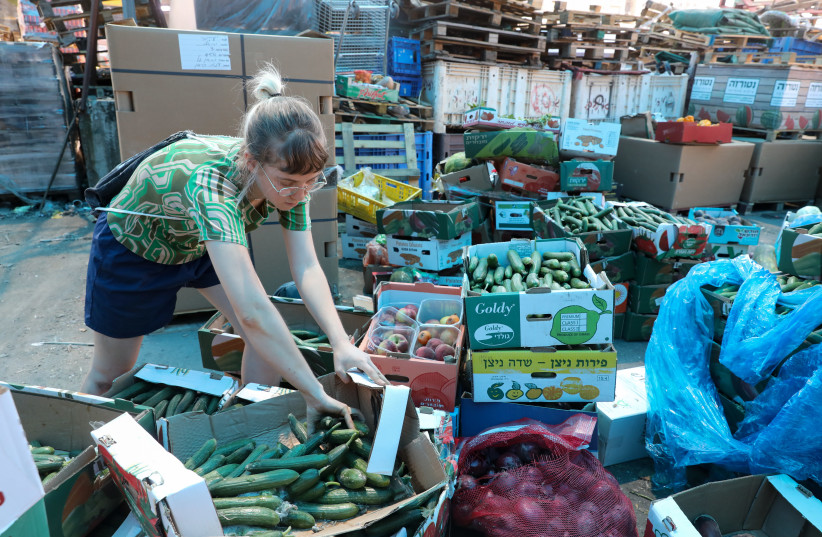Last week, three residents of Beit Dafna, a sheltered residence for the chronically disabled, died and 30 residents were hospitalized after apparently experiencing food poisoning. Wolfson Medical Center in Holon said at the time that food poisoning was the main suspect cause, except food poisoning doesn't usually lead to death. So what happened?
Contaminating organisms can be bacteria, viruses or parasites, or a toxin. The contaminating organism can enter food during the processing or preparation process, when food is stored in improper conditions or if it’s improperly cooked.
Who can get food poisoning?
Anyone. And yet, some population groups may suffer more from it or it can affect them seriously. These include the elderly, infants and children, pregnant women and the fetus, and people with weakened immune systems due to chronic diseases like AIDS, diabetes or cancer. Also at risk are people with cognitive and/or physical disabilities who might have underlying conditions which make them more susceptible to food poisoning.
What are the common symptoms of food poisoning?

Food poisoning is difficult to ignore. Symptoms include cramps and abdominal pain, vomiting and/or diarrhea that can be watery or bloody and will vary depending on the cause of the infection.
When do symptoms show up?
Symptoms appear from a few hours after consuming the contaminated food until a few days later. In most cases, symptoms will be moderate and the poisoning will pass on its own, but sometimes will be more severe like what happened at Beit Dafna and hospitalization will be required. Death from food poisoning are extremely rare.
According to statistics, in four out of five cases the cause of the infection isn’t detected. When the source of the infection is identified, the most common bacteria are salmonella (as in the case of Kinder eggs or at the Strauss plant), E.coli and Listeria. The tests to identify the cause are a stool test to identify the organism and a blood test to detect toxins. Sometimes imaging tests such as CT are performed, but mainly to rule out another cause for the symptoms.
How to prevent food poisoning
- Maintain personal hygiene and be vigilant about handwashing, as well as thoroughly cleaning your kitchen and cooking utensils. like cutting boards and knives
- Keep uncooked foods away from ready-to-eat foods
- Make sure to consume adequately-cooked meat, fish and seafood
- If you’re unsure about the freshness of a particular food, don’t eat it
- If you're eating out, make sure that the food establishment has a proper, updated license from the Ministry of Health.
What is the treatment for food poisoning?
Avoid solid foods until the vomiting passes. You can then start eating salty crackers, bananas, rice or bread. Avoid spicy, fried, fatty or sweet foods.
Make sure you drink enough. As long as the vomiting continues, sip some water every few minutes. One of the biggest dangers is dehydration, so be sure to return fluids, and if you can’t hold down liquids, go to a doctor.
In case of concern about food poisoning, it isn’t recommended to take anti-nausea or diarrhea medications until a doctor is consulted.
If things get worse, go to the ER: If the symptoms last more than 2-3 days or you have a fever, bloody diarrhea or black stools, prolonged vomiting or bloating, signs of dehydration such as decreased urination, dizziness, weakness, rapid pulse or breathing, go to the ER.
